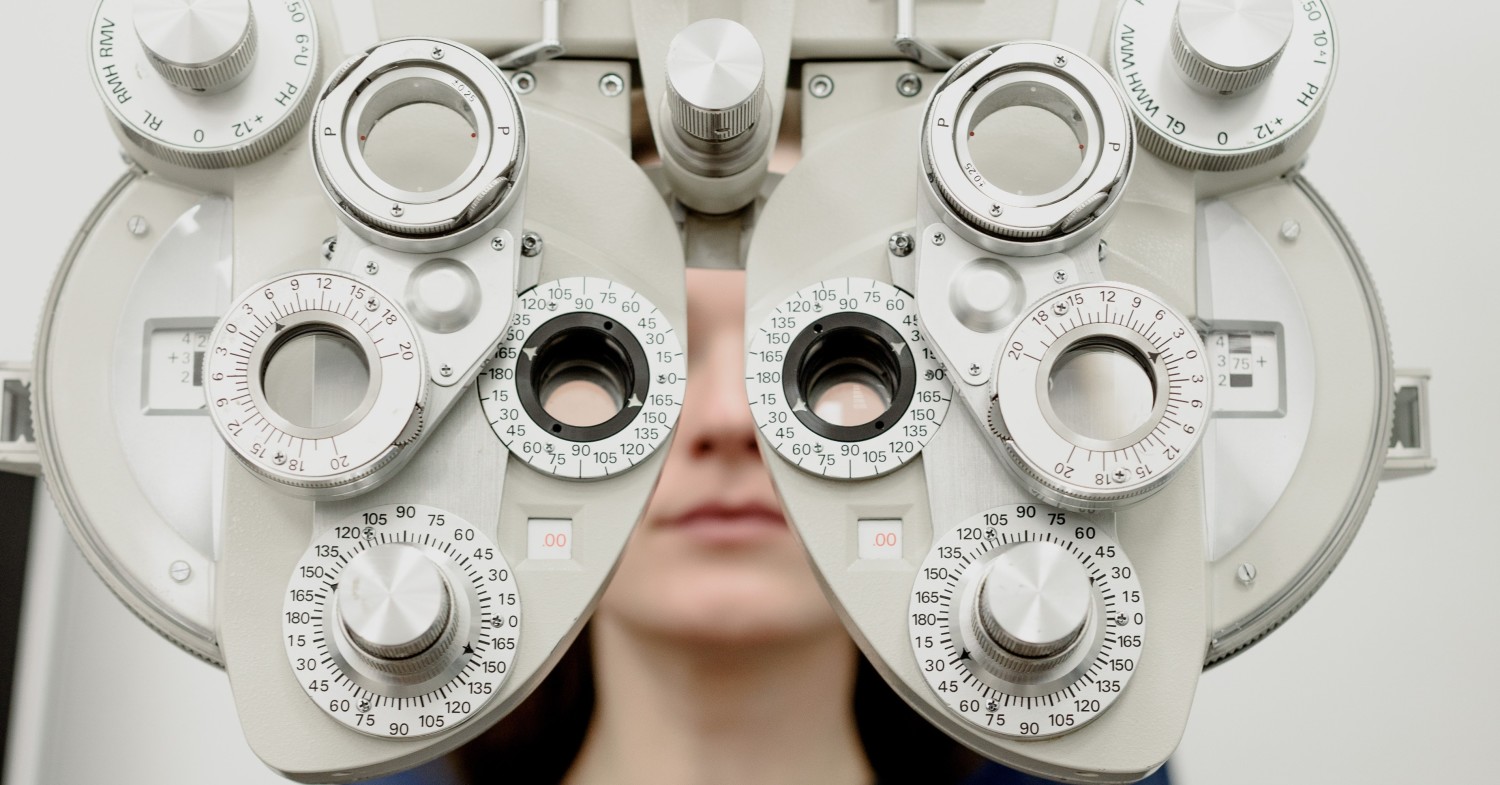
What Does a Family Nurse Practitioner Do?
Family nurse practitioners perform most of the same tasks as [...]

Every workplace—be it a construction site, retail center, chemical laboratory, or even an office setting—poses a risk of accident and injury to employees. When a work environment experiences frequent-enough issues to require on-site medical care, an occupational health nurse can fit the bill. This healthcare professional helps workers stay safe from job hazards, get the care needed when accidents arise, and develop plans and practices to prevent accidents and injuries.
Given the trends away from heavy manufacturing and toward greater safety awareness, you might think that workplaces would be growing safer and that the need for occupational health professionals would be on the wane. In fact, the opposite is true. The job market for occupational health and safety specialtists, which include occupational health nurses, is projected to grow by 6 percent from 2018 to 2028.
Some occupational nurses work in a clinic or hospital setting, while others are employed as consultants for corporations. It’s a potentially lucrative career, depending on your location, education, and experience. Thinking about becoming an occupational health nurse? In this article, we’ll answer some questions you probably have, including:
Occupational health nurses are tasked with assessing environmental health risks and preventing work-related injuries, as well as caring for those who have sustained an injury on the job.
Key responsibilities include:
To be successful in this role, all occupational health nurses should have:
Despite best efforts to maintain health and well-being in the workplace, accidents happen. Human resources executives will always require assistance from occupational health nurses to develop safety programs. By implementing methods to promote health and wellness and prevent injuries, you will save businesses and insurance companies money.
Occupational nurses earn a mean annual income of $82,070; their median income is $75,000. This disparity suggests that occupational nursing jobs that pay well pay really well, and indeed, data show that 6 percent of occupational nurses earn $125,000 or more annually.
By way of comparison, registered nurses in aggregate earn an average of $71,730 a year, according to the Bureau of Labor Statistics.
Of the many nursing specialties, occupational health nursing is within the subset that allows practitioners to work in a non-hospital environment. Extra training and certifications can further broaden workplace options for occupational health nurses.
Specializations in this field include:
To work as an occupational health nurse, you must be a registered nurse, which requires at minimum an associate’s degree in nursing. Note that more employers than ever are requiring a bachelor’s degree in nursing from prospective RNs. Expect to spend two years of full-time study earning an associate’s degree or four years to earn a bachelor’s.
According to the AAOHN, aspiring occupational health nurses should have academic (and, if possible, hands-on) experience in:
After completing your degree, you’ll need to pass the National Council Licensure Examination, which is administered by individual state boards. Each state has different eligibility requirements to take the exam. Review your state requirements before applying for the license.
Once licensed, you will be able to practice as a nurse. You will likely not find work in occupational health straight out of school, as most employers in the field look for candidates with some professional experience. As you acquire that experience, consider taking specific courses in occupational health at the graduate level, or, better still, earning one of the certifications described above.
Earning a master’s degree will qualify you for more responsibility and higher-paying jobs. A master’s typically takes two years to earn full-time, three to four years on a part-time basis.
In these programs, you’ll learn strategies to prevent injuries on the job, as well as ways to make connections among public health, nursing, and business. Your coursework will cover:
Practical experience is an essential part of these programs. Consider finding a mentor who can help you develop the skills you need for this rewarding career.
A few organizations and agencies provide essential information about public health and occupational medicine. Among them:
Workplace injuries and illnesses cost the US economy a staggering $250 billion each year, according to the Economic Policy Institute. More than 5,000 people lose their lives in workplace accidents each year, and another 8.5 million sustain injuries. As an occupational health professional, you’ll help workers avoid accidents and illnesses on the job. In the process, you’ll make life better for them, their families, their employers, and their communities.
If these issues fascinate you, a career as an occupational health nurse may be the right fit. You might also want to consider earning a Master of Public Health, which can train you for numerous other careers focused on similar challenges.
(Last Updated on February 26, 2024)
Questions or feedback? Email editor@noodle.com

Family nurse practitioners perform most of the same tasks as [...]

You'll find FNPs in primary care clinics, hospitals, urgent care [...]

Not everyone in a hospital wears scrubs. Some, like hospital [...]

Only 23 schools in the US offer a Doctor of [...]

Earning a Doctor of Optometry typically takes four years, although [...]
Categorized as: Medicine, Nursing & Healthcare